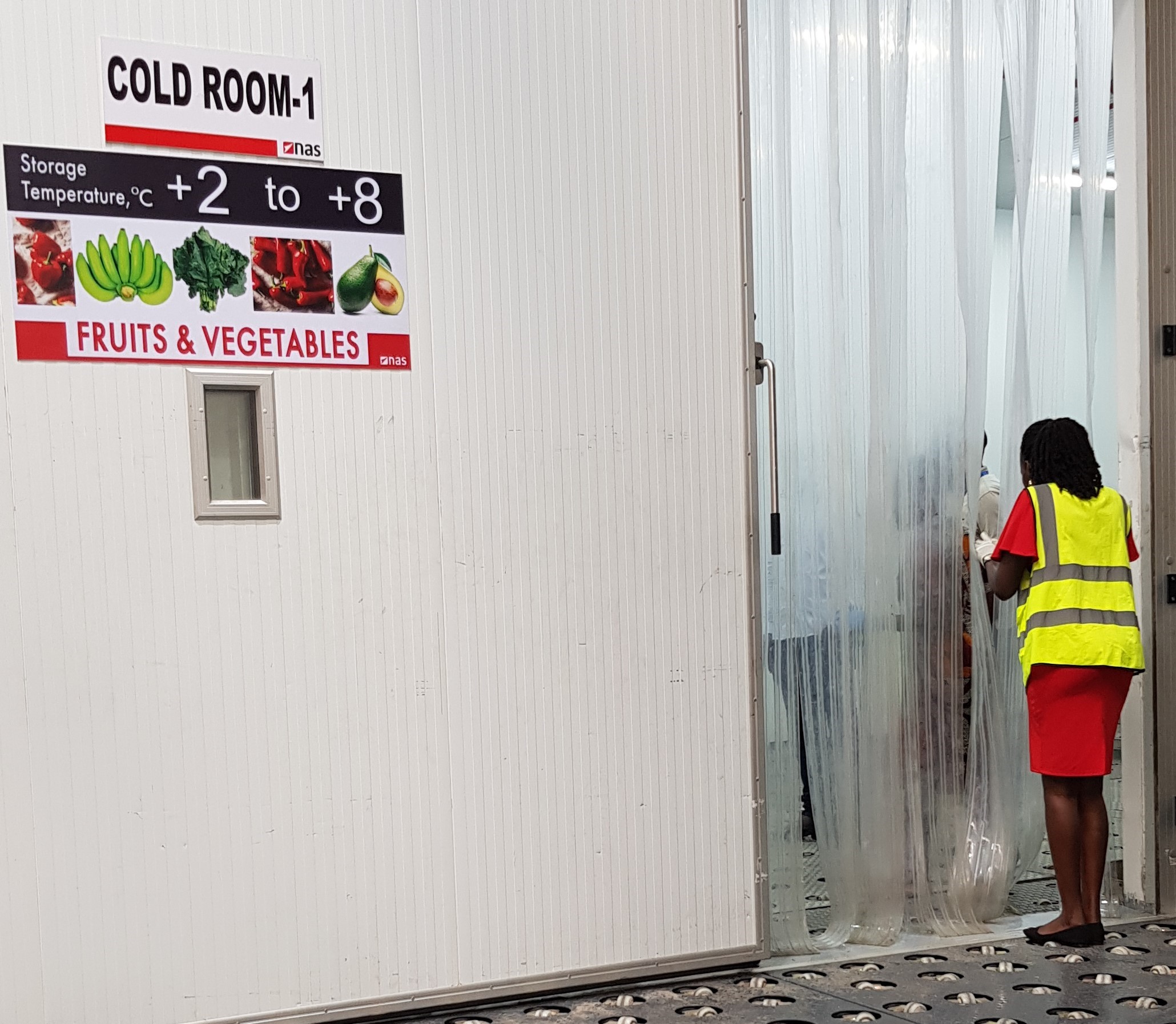The neat rows of files stacked behind Amina Hudaaya Namutebi’s desk bear witness to the sheer volume of paperwork exporters of fresh fruit and vegetables must negotiate in getting highly perishable produce to market.
“Aside from the phytosanitary certificate, absolutely everything is paper-based and that’s why we have so many files,” said Ms. Namutebi, Supply Chain Manager and Quality controller at Agricado Farms Ltd. “We hope this project we are engaging in will eliminate some of this paperwork.”
The project, known as Re-engineering Uganda’s Sanitary and Phytosanitary Inspection for Horticultural Exports (RUSH), is an initiative of the Global Alliance for Trade Facilitation (the Alliance) through its implementing partner, Swisscontact, to modernise processes for agri-food exports by introducing an electronic, risk-based sanitary and phytosanitary inspection system.
This will enable officials to assign different risk levels to exporters and their consignments, while also promoting greater transparency on individual inspections. Automating and streamlining clearance procedures will reduce time and costs for low-risk, compliant businesses— most of them micro, small, and medium enterprises (MSMEs) – while enhancing the country’s competitiveness.
Introducing Risk Management
MSMEs, the main engine of Uganda’s economic growth, dominate the country’s agri-foods sector. They also involve a substantial number of women, who make up 70% percent of the sector’s workforce and own 30% of its businesses. Among Sub-Saharan countries, Uganda is second only to Nigeria in exports of fresh fruit and vegetables, worth around $US 35 million in 2021.
Exporters must apply rigorous in-house compliance to ensure quality control before a crop enters packhouses in Kampala and during the packaging stage. The lack of a modern risk management system translates into added time and cost for exporters. Government officials currently inspect every shipment before it leaves the premises and again when it arrives at Entebbe Airport for final transport to the country’s main markets in the European Union and The Middle East.

“When processes are digitalised, it will make a massive difference,” said Emmanuel Bwire, Agronomist and Quality Controller at Roki Fruits and Vegetables Ltd., another exporter taking part in RUSH. “With digitalisation, we can better schedule inspections and more self-regulation will reduce the number of inspections required based on less risk.”
Time is of the essence
Main export crops like chillis and avocadoes begin to deteriorate within days at ambient temperatures, making it essential to get them to market as quickly as possible, but Mr Bwire says obtaining these final, official signoffs can be far from straightforward.
“We can only request an inspection – rather than schedule one. It starts with an email, but then we have to make follow-up calls to make sure the message got through and we risk missing our flight,” he said.
And when it involves perishable food products, delay is always costly and can even spell disaster, with some air routes running only once a week.
“If you miss the flight, you lose the customer because they can’t wait,” Mr. Bwire said.
Building trust
Acting as a neutral convener and catalyst between government and business in all its projects, including in Uganda, the Alliance builds consensus, including through workshops, public private dialogues (PPDs), and public private working groups, to deliver digitalisation and other best practices in line with the World Trade Organization Trade Facilitation Agreement.
The participants in Uganda say they are already seeing the benefits of engaging in the RUSH project, which began in June 2021 and is due for completion in early-2023. PPDs, workshops and public private working groups involving Ministry of Agriculture, Animal Industry, and Fisheries (MAAIF) officials, local private sector representatives and MSMEs on how to improve compliance and self-regulation have increased trust and helped to standardise processes.
Exporters have also received training on government inspection standards, equipping them to reduce rejections of their shipments. All this work has created the foundations for digitalisation that will improve information sharing and support data-driven risk management.
“The programme has already helped build up a rapport between exporters and the Ministry,” said Ms. Namutebi. “Prior to this most exporters viewed the Ministry’s role as being confined to catching mistakes but now with the proper communications there is great improvement.”
Mr. Bwire is similarly upbeat about the relationship with government officials.
“There is greater trust because they are engaging with us more,” he said. “They now have more confidence in what we are doing because they know we have the ability and interacting with us is giving them more confidence.”
